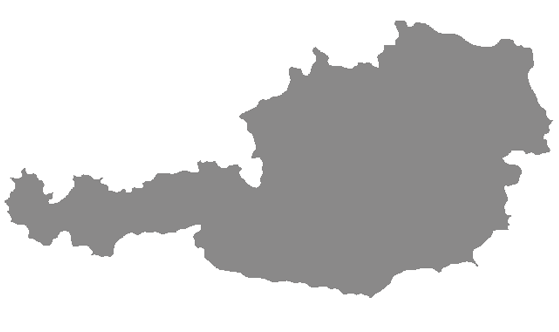(Budapest, April 17, 2025) - The amendments to Hungary's Fundamental Law represent yet another escalation in the Orban government's ongoing efforts to dismantle rights, undermine the rule of law, and diminish democracy in Hungary, Human Rights Watch said today.
The sweeping legal changes to Hungary's constitution, rushed through parliament on April 14, 2025, without public debate and signed by the president on the same day, pose serious threats to lesbian, gay, bisexual, and transgender (LGBT) people, to freedom of assembly, and to rights of some Hungarians with dual citizenship.
"The constitutional amendments are further proof of the Orban government's authoritarian drive to consolidate political power," said Hugh Williamson, Europe and Central Asia director at Human Rights Watch. "From scapegoating LGBT people to suspending Hungarian citizenship of dual citizens, the Hungarian government is cementing a legal framework that is hostile to the rule of law, equality, and democracy in blatant violation of EU law."
One of the amendments defines gender strictly as a person's biological sex assigned at birth. This definition effectively denies transgender identities, further entrenching Hungary's ban on legal gender recognition and limiting transgender people's ability to live free from both legal and social discrimination.
Another amendment elevates "child protection" above all other constitutional rights except the right to life, effectively giving the government broad latitude to invoke "child protection" to arbitrarily curtail a host of rights, including freedom of assembly. This amendment is linked to a March amendment to the law of freedom of assembly that will outlaw Pride-related events.
The government also included a provision enabling the authorities to "suspend" Hungarian citizenship for non-EU and non-European Economic Area dual citizens who are deemed to constitute a threat to the public order, public safety, or national security. A separate law, which outlines the suspension procedure, states that a relevant minister will make the determination on the suspension of citizenship. Critics fear that this will be used to target journalists, activists, opposition politicians and anyone the government does not like.
This follows parliament's adoption in 2023 of the Sovereignty Protection Act, which created a special body to investigate anyone the authorities deem to be pursuing vaguely defined "foreign interests". At the time, ruling party officials said that the aim was to target opposition politicians, journalists, and civil society organizations. The EU Commission in October 2024 took Hungary to the EU Court of Justice over this law.
Since 2010, Prime Minister Viktor Orban has used his supermajority in parliament to undermine the independence of the judiciary, crack down on independent media and civil society organizations, demonize migrants and asylum seekers, discriminate against LGBT people, and undercut women's and girls' rights. For the past five years, by declaring various states of danger or emergency, Orban's government has effectively ruled by decree, sidestepping parliament altogether.
Efforts by EU institutions to bring Hungary's government in line with fundamental EU values, through infringement proceedings, European Union Court rulings, and suspension of EU funds have had little impact. In 2018, the European Parliament triggered the Article 7 mechanism - designed to hold accountable governments that may be in breach of values enshrined in the Treaty on European Union - against Hungary, citing a systemic threat to the EU's founding values. A breach of these values may result in the suspension of voting rights in the EU Council.
These new draconian amendments should raise alarm bells and prompt member states to immediately move Article 7 proceedings forward to a vote, Human Rights Watch said.
The European Commission should in the meantime immediately initiate new infringement proceedings against Hungary for the repressive constitutional amendments violating fundamental rights.
"Orban has shown once more his willingness to trample rights and shred protections, and there is no reason to think he won't continue on this authoritarian path," Williamson said. "EU institutions and member states should stand in solidarity with those in Hungary upholding EU values and do everything they can to halt the downward spiral toward authoritarianism."
Source: Human Rights Watch







































